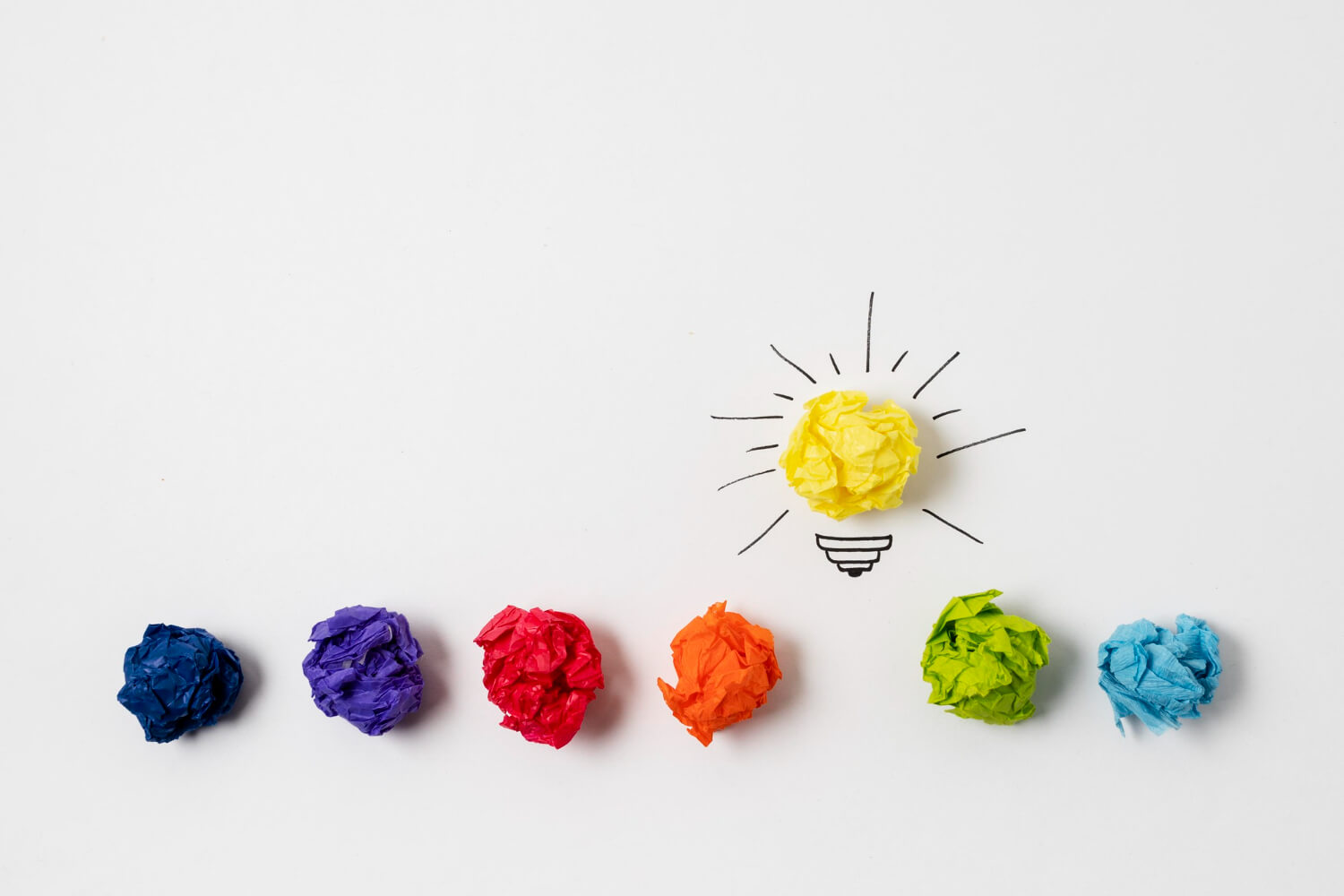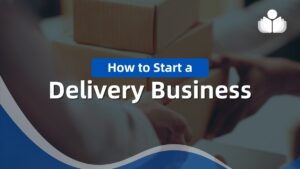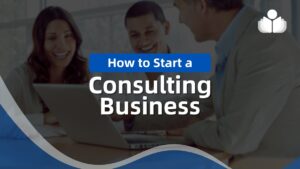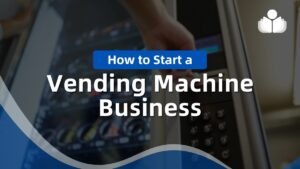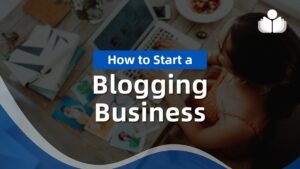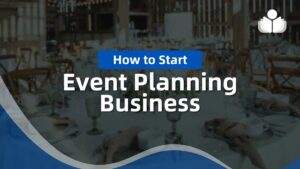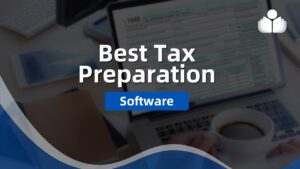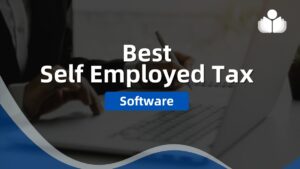Copyright Carter McNamara, Authenticity Consulting, LLC
The focus of the Library is on resources for personal, professional, and organizational development. At the core of these is personal development. Without personal development, it’s difficult to sustain professional and organizational development.
Sections on This Topic Include
Learn More in the Library’s Blogs Related to Personal Development
In addition to the articles on this current page, also see the following blogs that have posts related to Personal Development. Scan down the blog’s page to see various posts. Also, see the section “Recent Blog Posts” in the sidebar of the blog or click on “Next” near the bottom of a post in the blog. The blog also links to numerous free related resources.
What is a Mindset?
“… a mindset is a set of assumptions, methods, or notations held by one or more people or groups of people. A mindset can also be seen as an incident of a person’s worldview or philosophy of life.” — Wikipedia
An example of a mindset is abundance versus scarcity. Someone with a mindset of abundance naturally believes there are enough resources for everyone in the world and also that there are resources that will never run out because they replenish themselves, for example, love between people. Someone with a scarcity mindset naturally believes that there are limited amounts of everything and so, as some people benefit, others lose.
Examples of Various Mindsets
I see intuition as a way we experience information without a rational connection or relationship to what’s happening at the moment. Hence, the “out of nowhere” and “out of the box”. But what is it? How do we get this information?
If you’re scientific and neuroscience-based, it’s likely the brain quickly makes associations and assumptions based on the stimuli that we are getting. We hear a client talking about their issue, and our brain–by a strange series of connections and correlations suddenly pops up an image or emotion. Or we
instantly see a new pattern or alternative direction that wasn’t in our conscious realm before. And we call it intuition.
If you’re a student of metaphysical realms, perhaps it’s information coming to you from the energy field. Since everything is energy and we are all energy and energy engages and blends moves with other energy, therefore we are all connected, we are all of one energy. So our intuition might be our energy field engaging with other energies. Or if you’re spiritually based, it might be the intervention of God, spirits, angels, or others in the higher realm. Or if might be messages from the Universe.
Whatever it is, wherever it truly comes from (perhaps none of these, perhaps all of them) I have a strong belief that all of us have some form of intuition at our access. It just may be experienced in different ways. If we’re highly intellectually driven, we may experience our intuition in our mind-thoughts, images, memories, connecting the dots, and ideas–all of that is brain-based.
But there are others of us who are very emotionally and heart-centric. We feel emotions easily, and sometimes without rational connection or reason. We are suddenly feeling sadness or anxiety, and we don’t know why. Or happiness without a word being said or a thought to motivate it. And it turns out we may be picking up and reading the emotional field from our clients.
There are those of us who have access and comfort in our bodies. We are kinesthetic, we have to get active and DO things. We have to engage the body. The body also contains massive wisdom (somatics) and expression. And sometimes we have body sensations that appear without reason. Suddenly tight and tense. We notice we are slumped physically or feeling itchy. It’s a body sensation that appears.
And then there are those who are aware of our energy levels. Not just the energy of thought, emotion, or our physical being, but the energy that swirls around us and through us, that is our spirit, our BEing. It’s what we believe (consciously and unconsciously) that shapes and defines how we show up in our lives and in our world. Perhaps in this sense, we can identify some main ones as Victim or Warrior, Oppressed or Oppressor. It impacts our mode, how we show up, our aura, what we put out, and how we perceive the world.
Energetically and spiritually we also can get sensations–that sudden weight and heaviness that’s in the air
and we don’t know why, that strange feeling that something bad is happening and we don’t know why, that thing that’s not thought, not emotion, not body, and yet a deeper perceiving and knowing that is not based on anything received by the five senses.
Everyone has access to their intuition. Sometimes we call it different things: A hunch, going with your gut, a feeling, an out-of-the-box idea, instinct, impulse, inspiration, warning, a sign, a hit, a message, divine presence, soul wisdom, inner sage–and everyone, from the tarot reader on the beach in California to the stock broker on Wall Street, from the 80-year-old sitting on the porch to the 4-year-old on the playground, from the parent taking care of her five children to the CEO taking care of her company, has experienced something that doesn’t rationally make sense, that’s not rationally based on the current experience or information.
The problem that occurs in coaching is that we confuse intuition with “the answer”. (“Well, I get this feeling, and therefore that means…” or “Well, you are suddenly thinking about this thing, so that means…”) As we all know, coaching is not about the answers, it’s about creating pathways and opening resources to explore and discover information. And that’s all that intuition is information.
It’s just a thought, just a feeling, just an emotion, just a sensation, just whatever that is appearing and then we can make up whatever we want that to mean. If we’re wrong, we were “getting in our own way” and if we’re right then it’s our “intuition”.
However the thing about intuition is that it’s easier to access when we’re not caught up in our threat and survival mode–when we are instantly thrown into low levels of energy (Maslow’s Hierarchy, Energy Leadership, and, BeAbove models work well here) we lose the ability to receive and be open to that information, or rather, it can still come in, but because we are in low threat and survival/battle mode, our interpretation is skewed to survival.
This is handy when our military and civil servants come into play–they hone their ability to be open channels of intuitive information so they can anticipate, second guess, and act proactively in times of danger. Otherwise, we react blindly and defensively, often causing more problems (except those times when our “intuition” saved our hide.)
Another big problem is that it’s hard to “DO intuition”. In other words, Right now, access your intuition. Go ahead. Do it! Our performance mode gets activated, we feel pressure to “get it right” and we lose our ability to see, feel, and sense what may be there.
(Here comes the radical challenge that may upset some mentors and coach trainers)
Sometimes the worst thing we can tell a coach is “You need to be more intuitive” which is actually a call to DO your intuition. Think about it. If the coach is struggling with their intuition, that means they don’t have strong experience, knowledge, training, or whatever to be able to open up and access that information.
So what actually can help is to lean into the Co-Active model to support and grow that weaker skill (rather than “do more of what’s not working”).
And I’m sure you can easily see how Intuition pairs deliciously with every other space on that Co-Active model. Apply your deep curiosity to your Intuition. Intuition is often accessed by deep listening (at ALL levels, not just Level 3). When you’re holding the client NCRW, your intuition opens up.
Focus on Dancing at the moment and notice what Intuition appears.
All of them work that way. Go ahead, try it for yourself. Pick another Co-Active skill/cornerstone — preferably one that you’re REALLY comfortable and confident in, and let that be fully present in you and your coaching.
And on a secondary level, allow that skill/cornerstone to inspire something new to appear, through any of those four realms of how we experience and express ourselves (Mind, body, heart, spirit) and notice what you notice.
And then (here’s the important part) offer it to your client. Let go of being attached to being right (Self-management) and give the basic information to your client to make sense of and interpret (Design the Alliance) and assume that this impulse/information is coming through you but it is about them (the client’s agenda and whole life).
And if you’re right, then brilliant coach. And if you’re wrong, then brilliant coach. Because it’s not about right or wrong, it’s simply information to explore and see how it may support the coaching in this moment.
Oh yes, and have fun.
________________________________________
Breakthrough: Fixed Versus Growth Mindset
This mindset was discovered by Carol Dweck in her ground-breaking research about traits of achieving and successful people. She found they had different mindsets: a fixed versus growth mindset. While there are numerous examples of different mindsets, the fixed versus growth mindset has been a particular breakthrough for people living in today’s rapidly changing and highly complex world.
A person with a fixed mindset believes people have fixed traits, similar to a scarcity mindset. A person with a growth mindset believes that traits can be changed and developed by working on them — the traits are abundant. A fixed mindset sees the world in an “either/or” perspective, while a growth mindset sees “both/and”. A fixed mindset sees mistakes as failures, while a growth mindset sees them as opportunities for learning. The following articles further explain this comparison.
- Carol Dweck: A Summary of The Two Mindsets And The Power of Believing That You Can Improve
- What is Mindset
- What Mindset Is and Why It Matters
- How Your Beliefs Can Sabotage Your Behavior
- Fixed Mindset vs Growth Mindset: Your Success Hinges On It
- The Growth Mindset Works, but Not for Everyone
Test – What is Your Mindset?
Do you think you are a fixed or a growth mindset? Take this test and see.
Test Your Mindset?
Now that you’ve got some impression of your mindset, what do you want to do about it?
Also, consider
- Adult Learning
- Concentrating
- Continuous Learning
- Learning in Courses
- Defining Learning
- Group Learning
- How to Study
- Key Terms in Learning
- Improving Your Learning
- Improving Your Thinking
- Learning Styles
- Memorizing
- Mindsets – How You See the World
- Online Learning
- Self-Assessments
- Self-Reflection
- Test Preparation
- Taking Tests
- Types of Learning
- Using Study Guides
For the Category of Personal Development:
To round out your knowledge of this Library topic, you may want to review some related topics, available from the link below. Each of the related topics includes free, online resources.
Also, scan the Recommended Books listed below. They have been selected for their relevance and highly practical nature.
 Sections of this topic
Sections of this topic
